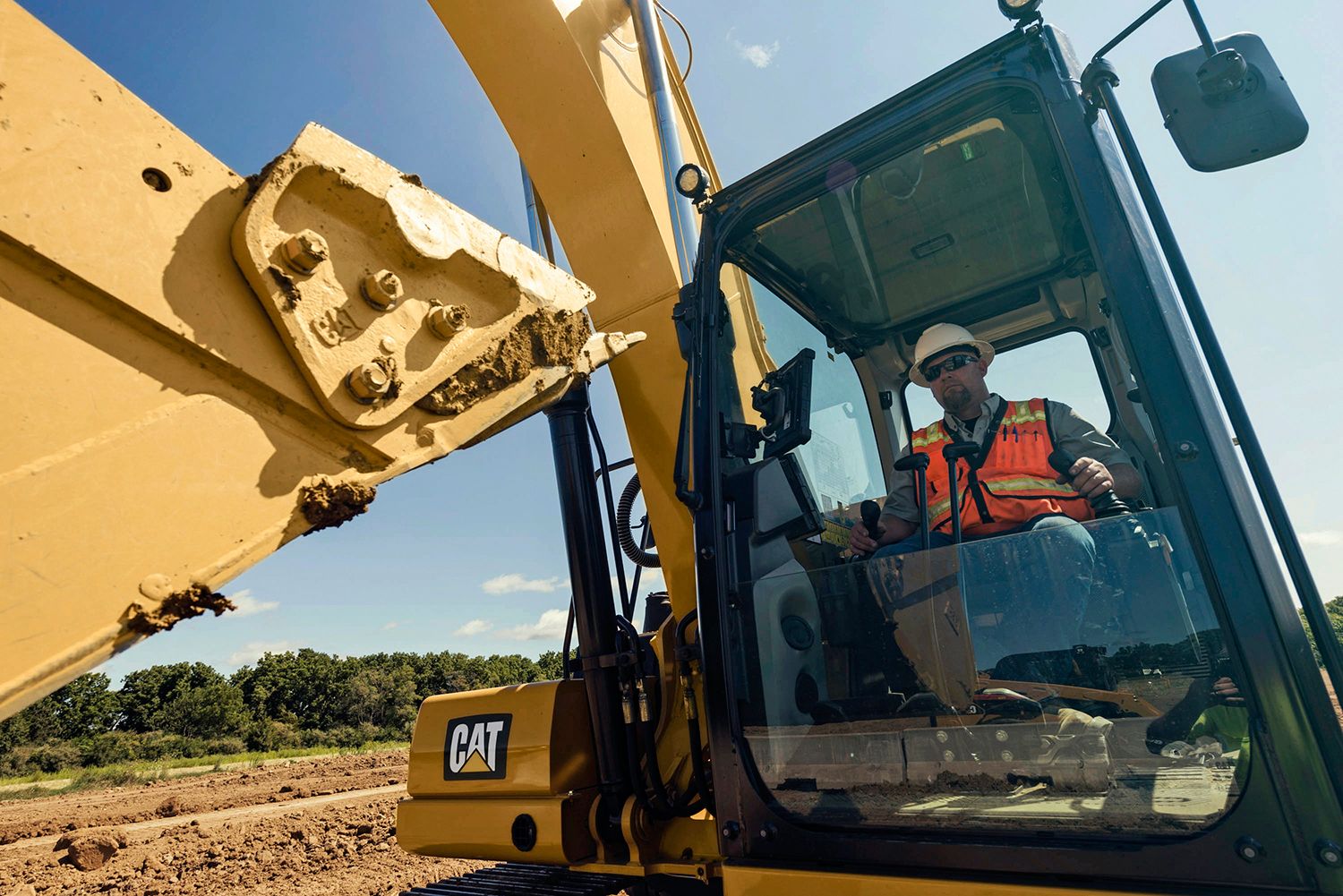In the construction and infrastructure industry, delivering projects on time and within budget isn’t just a goal—it’s a necessity. Efficiency is essential to sustaining revenue and customer satisfaction, even in the face of strict deadlines and shifting site conditions. One often-overlooked factor that directly influences this efficiency is your relationship with a heavy equipment dealer. With a reliable dealer partnership, heavy equipment repair needs are addressed swiftly and professionally, reducing downtime and keeping your project timelines on track.
While equipment is essential for completing any construction task, the right dealer partnership ensures that machinery doesn’t just show up—it arrives when needed, in excellent condition, backed by expert support, and aligned with your operational goals. Here’s how developing strong dealer relationships contributes to streamlined project delivery and long-term success.
1. Improved Equipment Planning And Availability
Heavy equipment dealer partnerships go beyond simple transactions. When you build an ongoing relationship, your dealer begins to understand the nature and scale of your projects, allowing them to anticipate your needs and align inventory accordingly.
Rather than scrambling to secure last-minute rentals or facing delays due to machine unavailability, your dealer can help plan by reserving or staging the right equipment in advance. This planning minimizes downtime and keeps your project timeline intact.
2. Faster Response Times And On-Demand Support
Delays in equipment delivery, breakdowns, or repair needs can throw off an entire construction schedule. One of the significant advantages of a trusted dealer partnership is priority service and rapid response.
Established clients often receive quicker delivery windows, faster repair turnarounds, and direct lines of communication with technical support teams. With a dependable dealer at your side, issues are resolved promptly, and equipment returns to operation without disrupting the project flow.
3. Tailored Equipment Recommendations
Not all job sites require the same tools—and using the wrong equipment can be inefficient or even hazardous. A dealer who’s familiar with your project scope and operating environment is better positioned to offer targeted equipment recommendations.
Whether it’s helping you select the right size excavator for a tight site or suggesting attachments that increase productivity, these insights can reduce manual work, lower operating costs, and accelerate project milestones.
4. Preventive Maintenance That Keeps Projects On Track
Unexpected breakdowns are one of the most common causes of project delays. Through a strong dealer partnership, you gain access to preventive maintenance programs that reduce the likelihood of failure during critical stages of construction.
Your dealer monitors equipment performance, handles scheduled servicing, and ensures all machines meet safety and efficiency standards before arriving on site. As a result, you’re less likely to experience equipment-related stoppages that derail timelines.
5. Flexible Rental And Ownership Options
A trusted dealer provides flexibility with rental, lease, or purchase arrangements tailored to your project length and financial strategy. For short-term jobs, a flexible heavy equipment rental agreement helps you avoid capital expenditures, while long-term projects may benefit from lease-to-own or financing programs.
Having these options available through a reliable partner streamlines procurement and allows you to scale your fleet to match the job—without delays or budget strain.
6. Logistics And Job Site Coordination
A dealer who understands your business can help coordinate logistics more efficiently. Whether it’s managing delivery windows, setting up equipment across multiple job sites, or assisting with transportation permits, a proactive dealer simplifies the moving parts of equipment management.
This means your project teams spend less time tracking down machines and more time getting the job done—improving overall site productivity.
7. Reduced Administrative Burden
Strong dealer partnerships also mean streamlined paperwork, invoicing, and reporting. With systems already in place and a record of your preferences, repeat transactions are faster and easier.
Some dealers even offer equipment usage reports, telematics integration, and digital tools that help you monitor costs, maintenance schedules, and utilization across your fleet—giving project managers more control with less effort.
Conclusion
Efficient project delivery depends on more than just skilled labor and good weather—it relies on having the right resources, at the right time, with the right support. A strong, strategic relationship with a heavy equipment dealer brings consistency, responsiveness, and deep operational insight that helps you deliver projects faster and more effectively. Rather than viewing your dealer as just a supplier, treat them as an extension of your project team. With shared goals, clear communication, and mutual trust, the partnership becomes a key driver of performance—and a competitive edge that’s hard to match.

